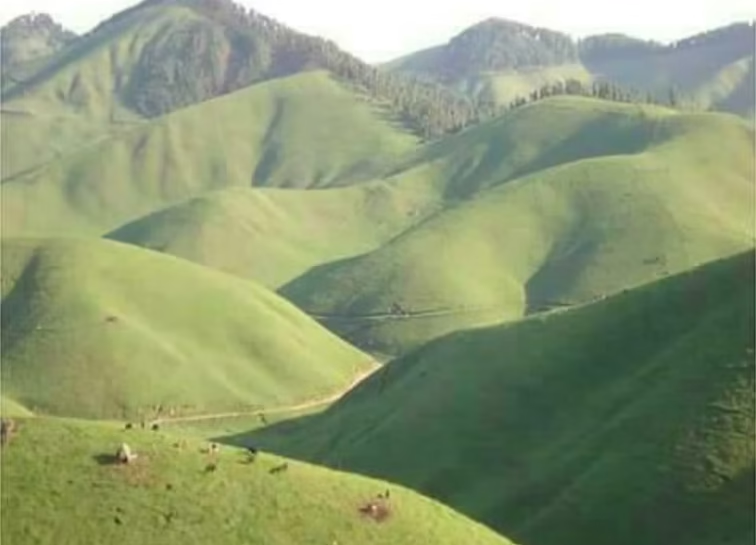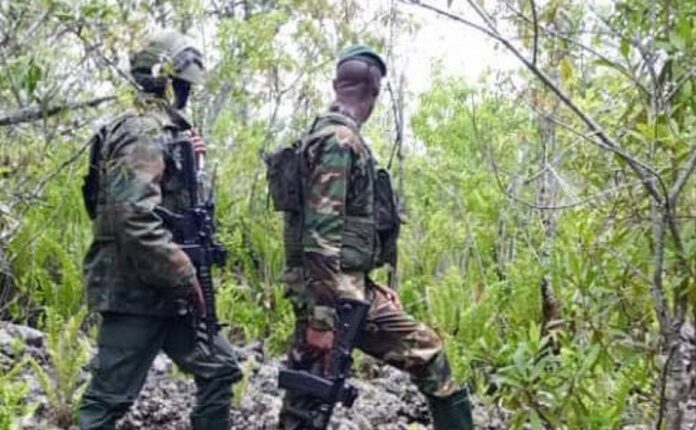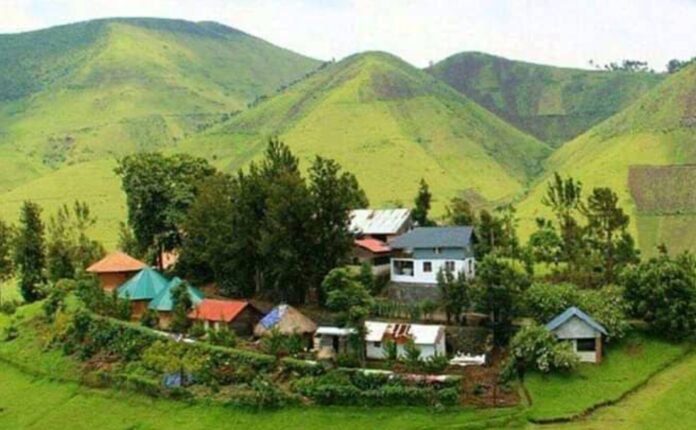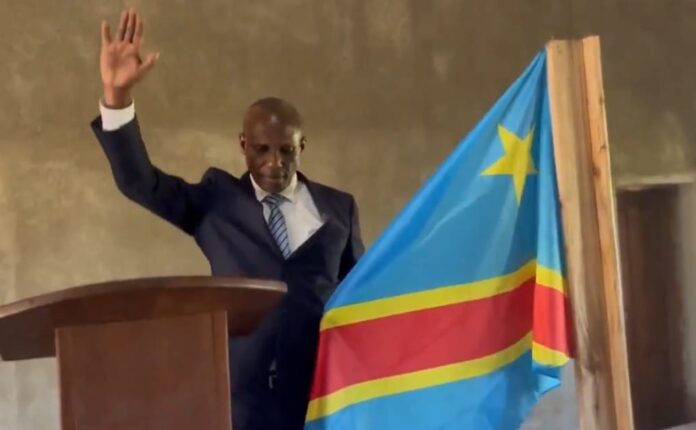In the remote highlands of Bijombo, South Kivu, a region recently brought under the control of the Congolese national army (FARDC), a deeply troubling story unfolds, one that reflects a broader, ongoing crisis too often ignored by both local and international actors.
Note: Company, Blog, Church websites are free.
Shortly after the release of a Human Rights Watch report detailing the persistent persecution of Banyamulenge/Tutsi communities in eastern DRC, FARDC and Wazalendo militia groups tightened their grip on areas such as Bijombo. The consequences for civilians have been devastating.
Among those caught in the crosshairs is a young boy, Singaye Marebo, the son of my cousin, Byicaza Marebo. His only offense is one he never chose: his ethnic identity. Targeted, harassed, and isolated, Singaye represents a generation of Banyamulenge children growing up in fear, branded as enemies in their own homeland.
This latest wave of violence is not isolated. On June 13, 2025, in the nearby town of Uvira, seven Banyamulenge individuals, a mix of police officers and civilians, were arbitrarily detained and subjected to torture. Their treatment was not a consequence of any proven crime, but a function of ethnic profiling. The message is chillingly clear: being Banyamulenge is, in itself, a risk factor.
More disturbing still is the complicity of silence, particularly from some within the Banyamulenge community who hold positions of influence within the current Tshisekedi-UDPS government. Rather than use their voices to speak against these documented abuses, many have chosen to echo official narratives from Kinshasa, deflecting attention toward external scapegoats and conveniently ignoring the suffering of their own people.
The Congolese government continues to frame the insecurity in the east primarily through a geopolitical lens, often shifting the blame to neighbouring Rwanda. While the region’s complexity cannot be ignored, such deflections serve to obscure grave human rights violations taking place within Congo’s own borders, many of them carried out or condoned by national forces. This is not simply a security issue. It is a matter of justice, of ethnic persecution, and of basic human dignity.
The international community must urgently investigate the conduct of FARDC and affiliated militias, particularly their actions in Banyamulenge-populated areas.
Civic leaders and human rights defenders within DRC must break their silence and stand up for communities under threat, even when politically inconvenient.
Global media outlets must expand their coverage beyond headline-grabbing conflict zones and focus on the slow erosion of minority rights in places like South Kivu.
If the world remains silent, the suffering will continue. If those with influence fail to speak, complicity becomes inevitable.
This is not just a political issue. It is a human story, of a boy named Singaye, and of thousands like him who deserve protection, not persecution. He is just a child. And his story deserves to be told.



